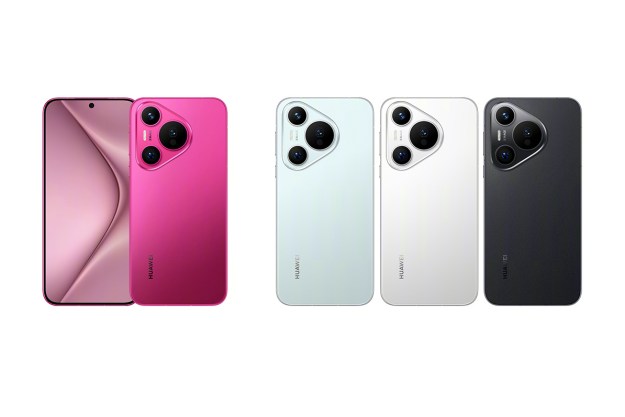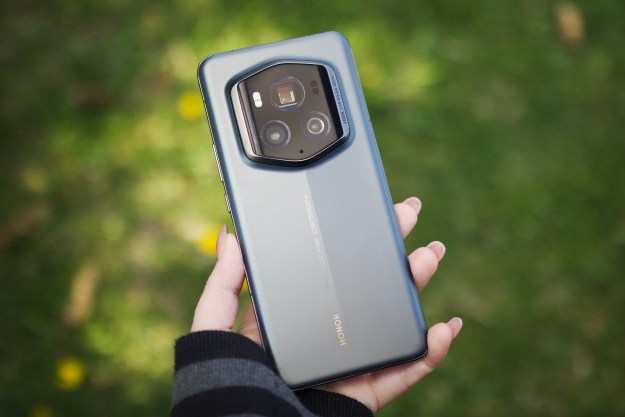Pop-up cameras may become more than a way to get around design challenges on today’s top phones — they may evolve into the must-have feature for privacy-focused smartphone owners. A report claims that pop-up cameras in China are activating when certain apps are being used, providing possible evidence of how much we’re being spied upon by app and device makers.
Two phones with motorized cameras have been announced recently: The Vivo Nex and the Oppo Find X. Under normal circumstances, the cameras rise from the phone’s body when the camera app switches to selfie mode on the Nex, or when the camera app itself opens on the Find X.
However, a selection of apps in China including the QQ web browser, a travel app called Ctrip, messaging app Telegram, and the voice-recording feature in a Baidu app, all activate the Nex’s selfie camera. This video posted on the Weibo social network is an example of what happens. These are not small apps used by only a few people. Technology giant Tencent developed the QQ browser, Ctrip is a well-established travel service provider, while Baidu is one of the world’s top search engines.
Privacy
On devices without a pop-up camera, we’d never know when the selfie camera was activated, and these instances do anecdotally suggest developers are intentionally invading our privacy. Developers disagree, however. Baidu issued a response stating app users must have given consent for the front camera to become active, but even then it does not record. Instead, it’s used to prompt the phone to activate its microphone faster than usual in the voice input app.
Tencent also says the camera is not used to record, but is instead activated to prepare for QR code readings, which are commonly used in China. After the camera issue became more widely reported, Telegram took action and has included a fix in a beta version of the app, which it apparently blames on Vivo’s own software messing around with the way the app operates, although it has not reached the public version yet.
While it’s tempting today to leap to the conclusion that apps and phones are spying on us, there’s no evidence beyond an app commanding the selfie cam to activate here, which is very different to evidence of it then recording, and even going on to upload that recording to a server without your permission. Many apps will prime features during the startup process, whether you’re about to use them or not.
That doesn’t mean we shouldn’t pay attention. It serves as another warning to check and understand the permissions apps request when we install them. If an app’s main feature doesn’t require use of the camera, microphone, or access to our emails, it’s wise to disagree when prompted. You can always change the setting later, should it become necessary.
Editors' Recommendations
- I’m sick of big, ugly phone cameras — and they’re only getting worse
- Your $1,000 flagship may not have faster 5G speeds than a budget phone
- OnePlus 7 Pro has a selfie camera that pops up so fast you’ll hardly see it


